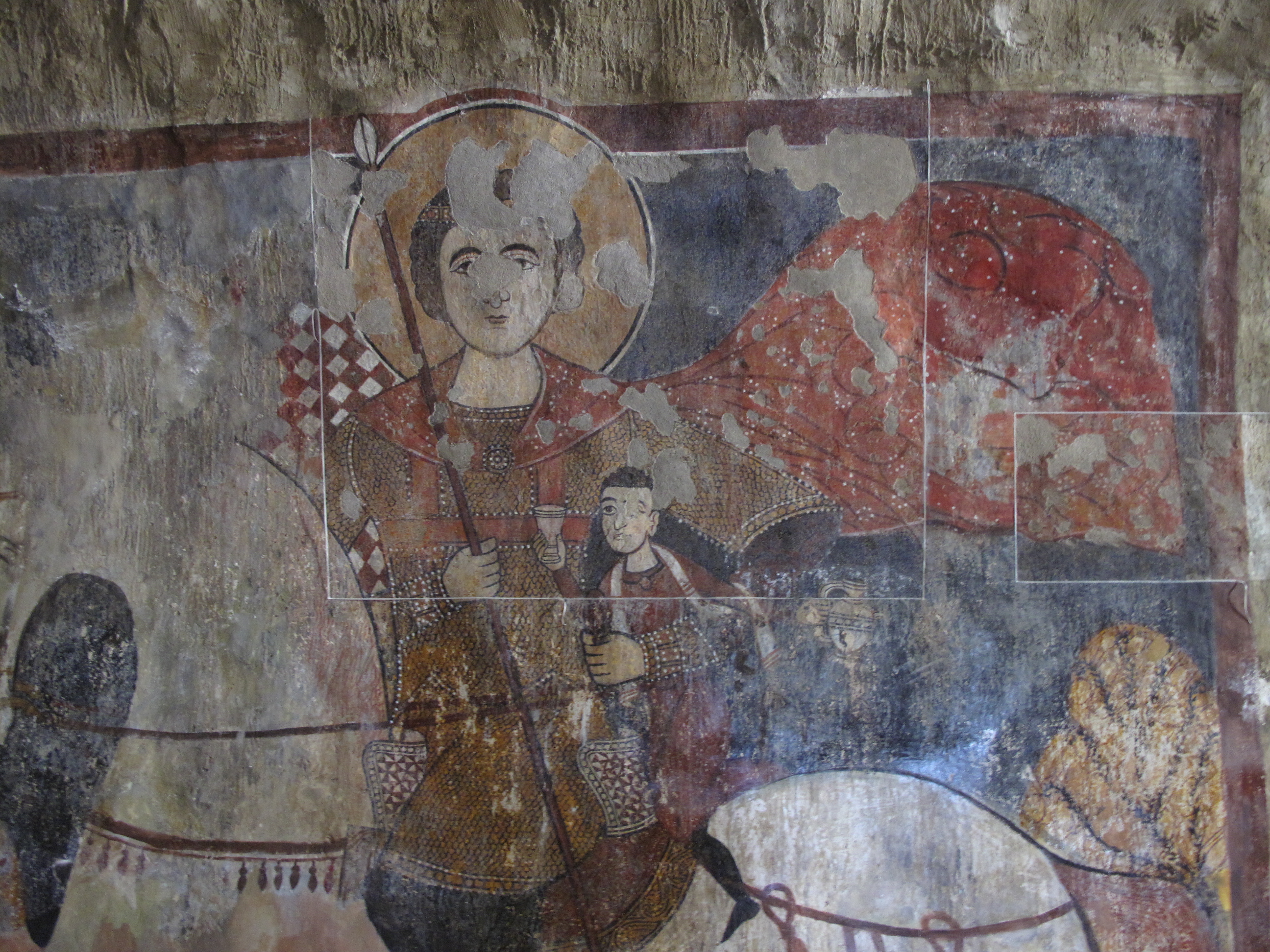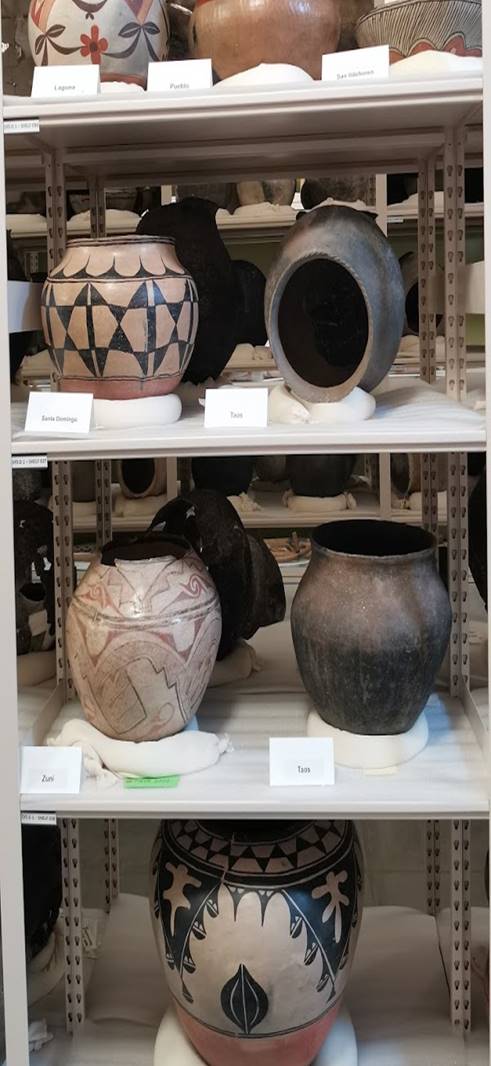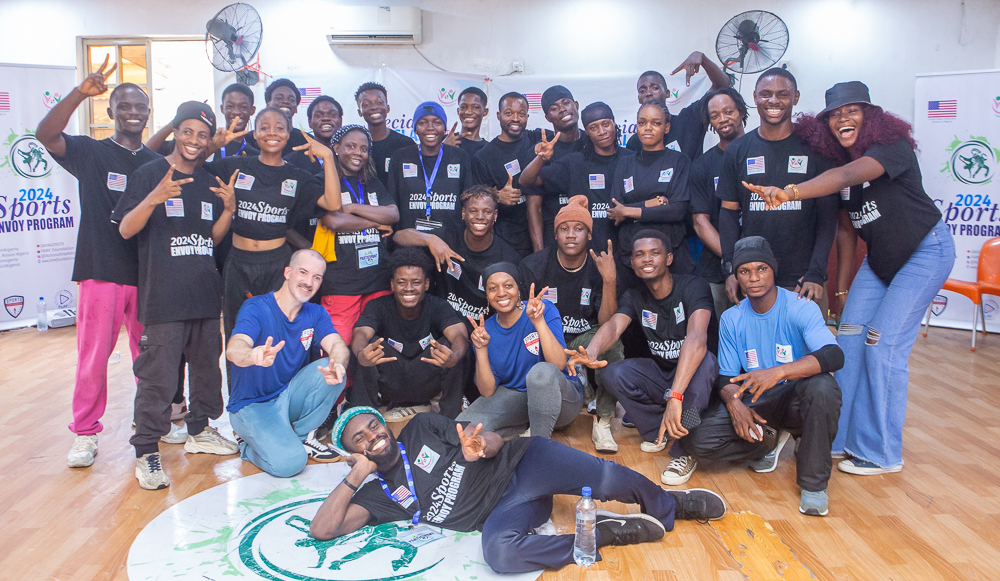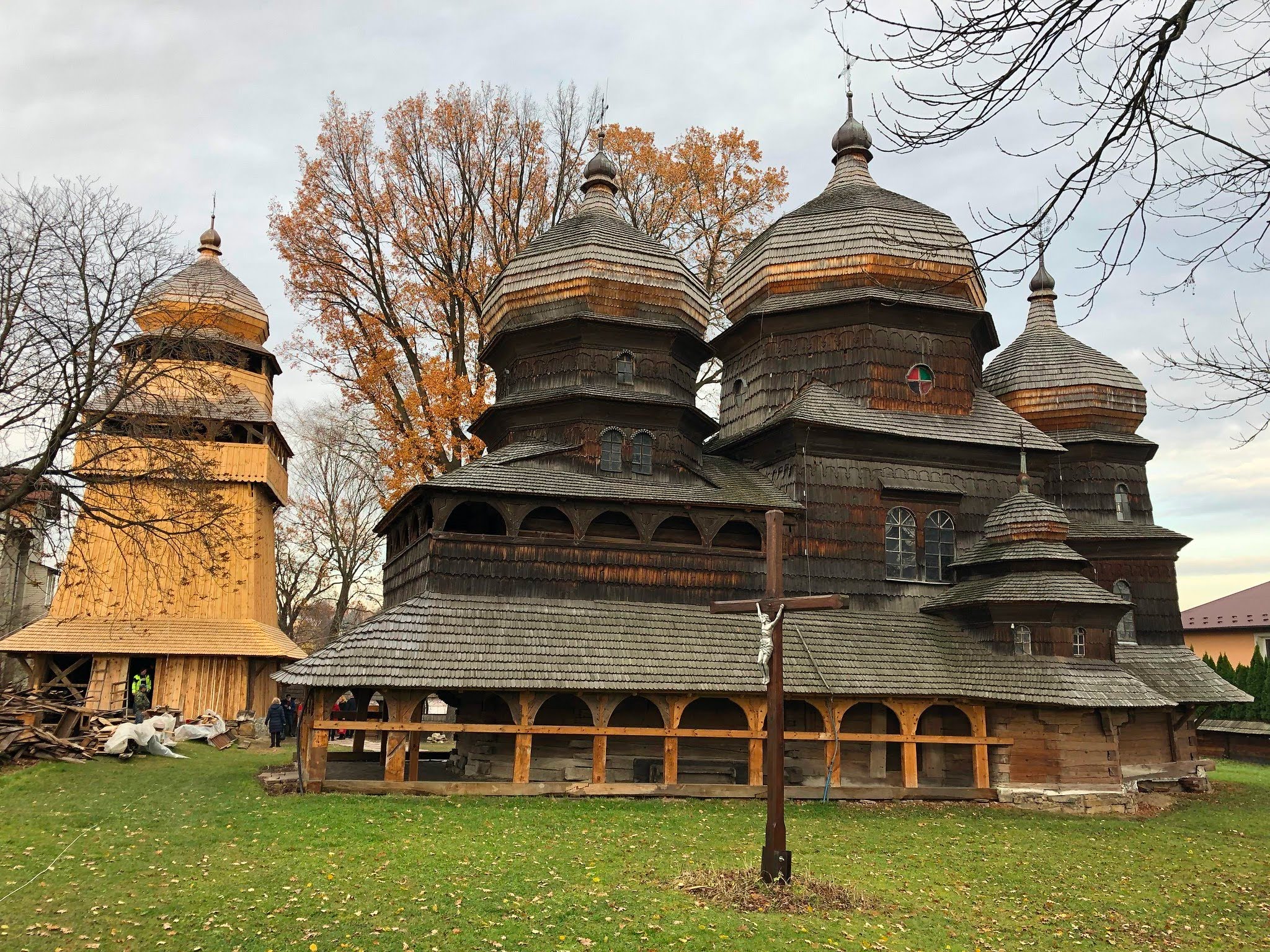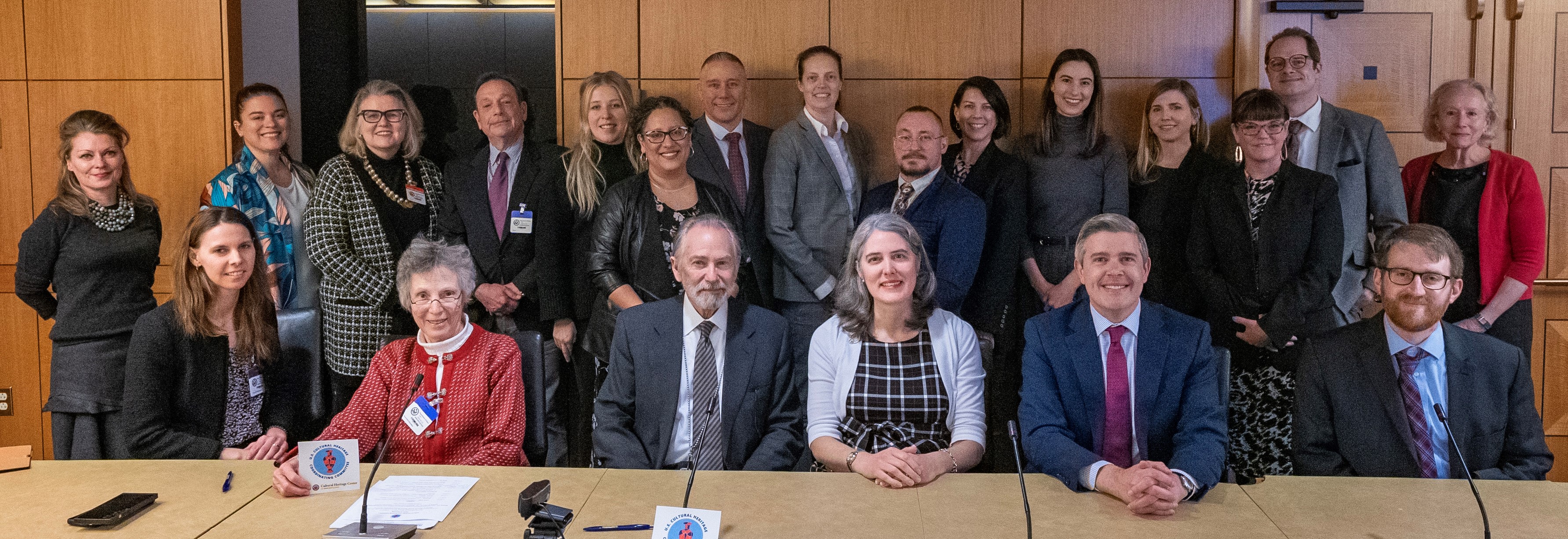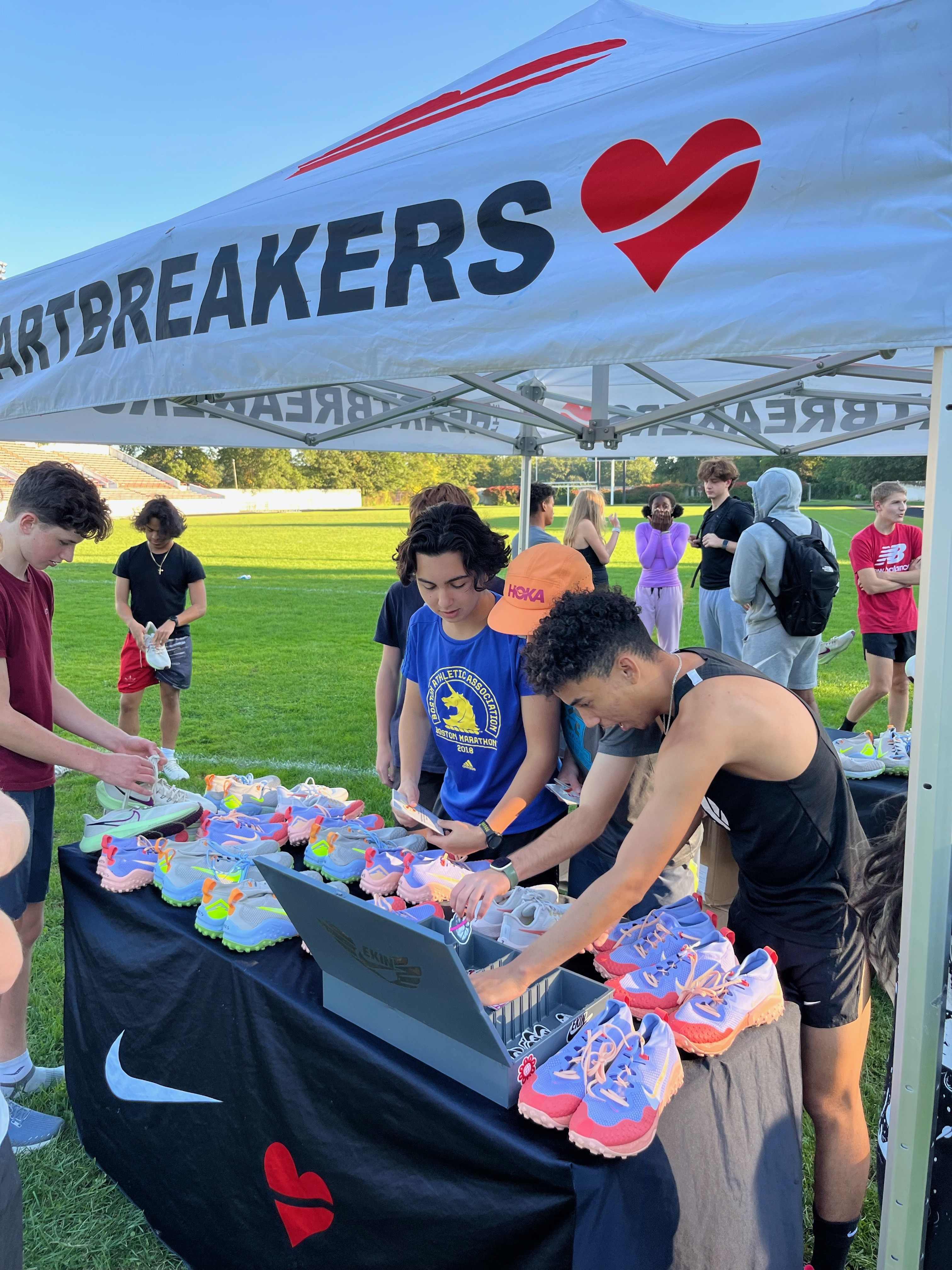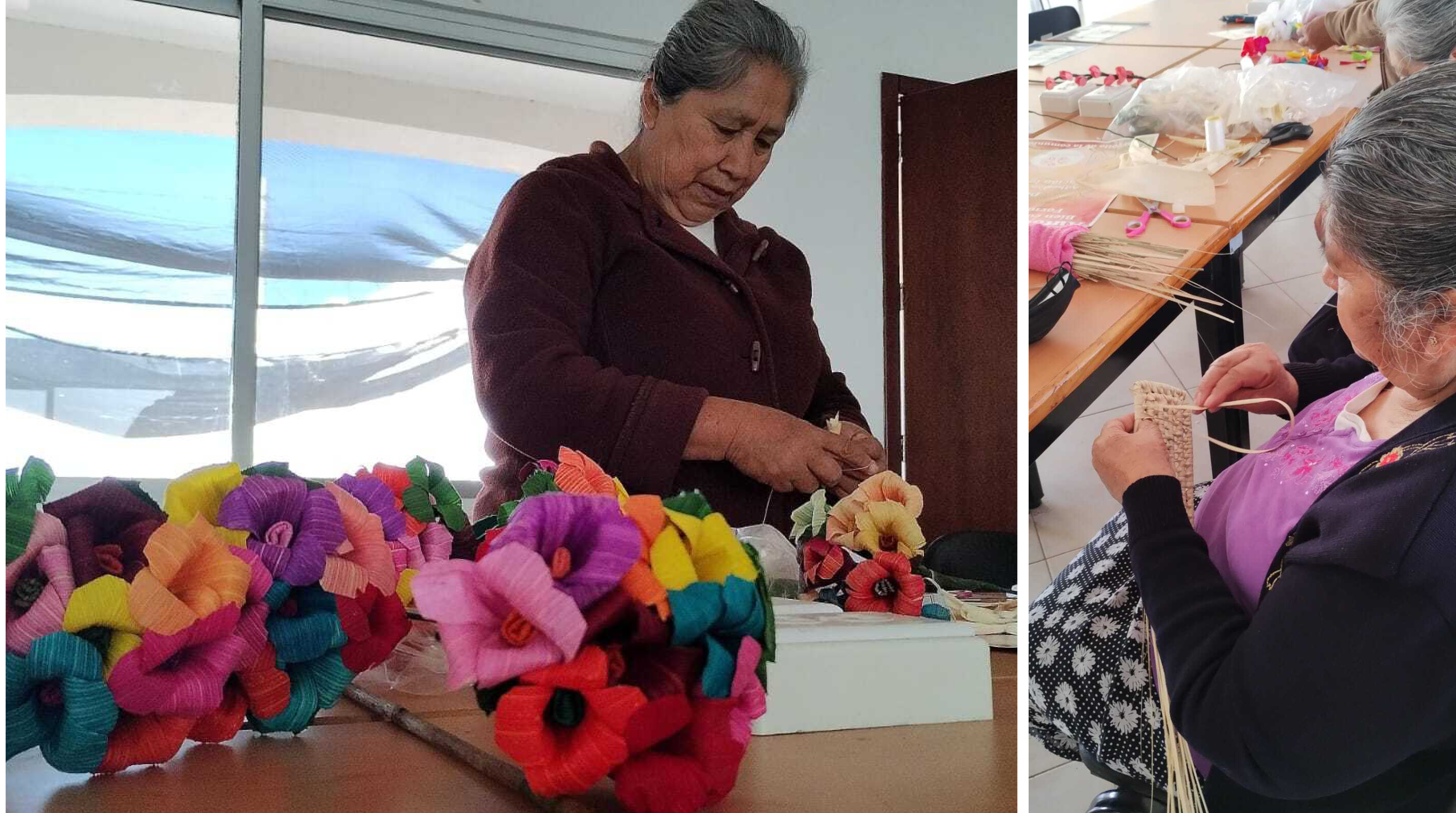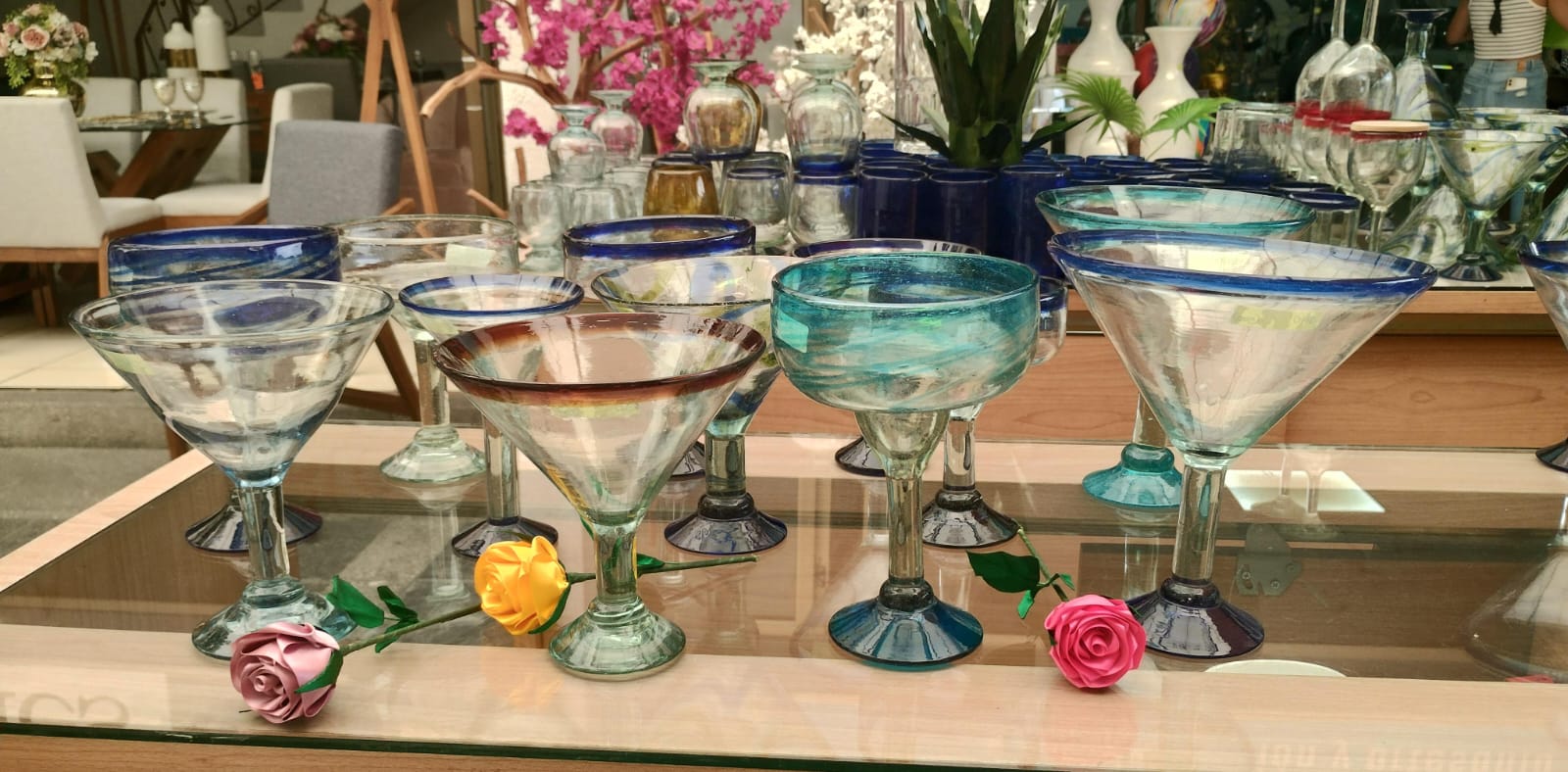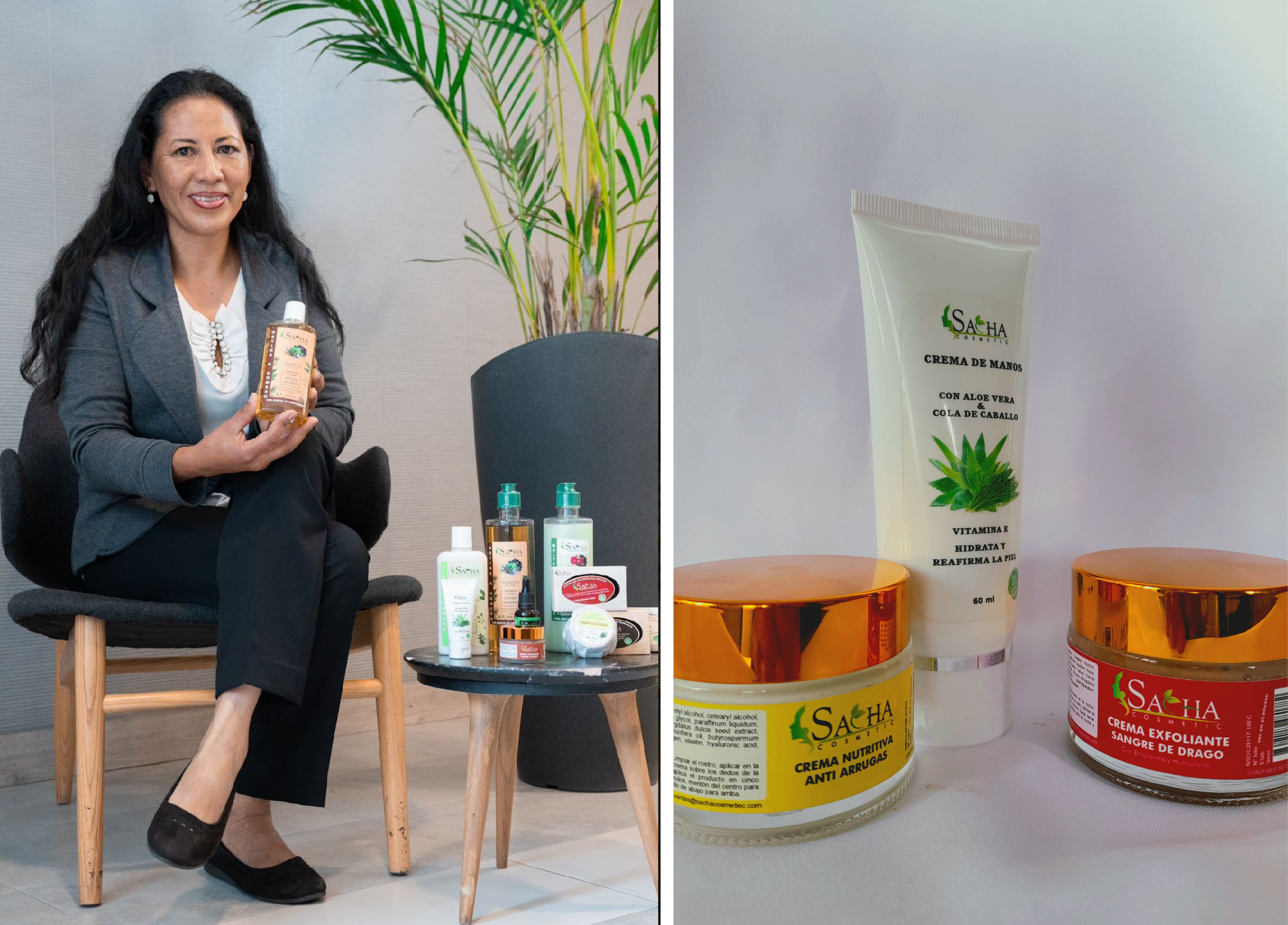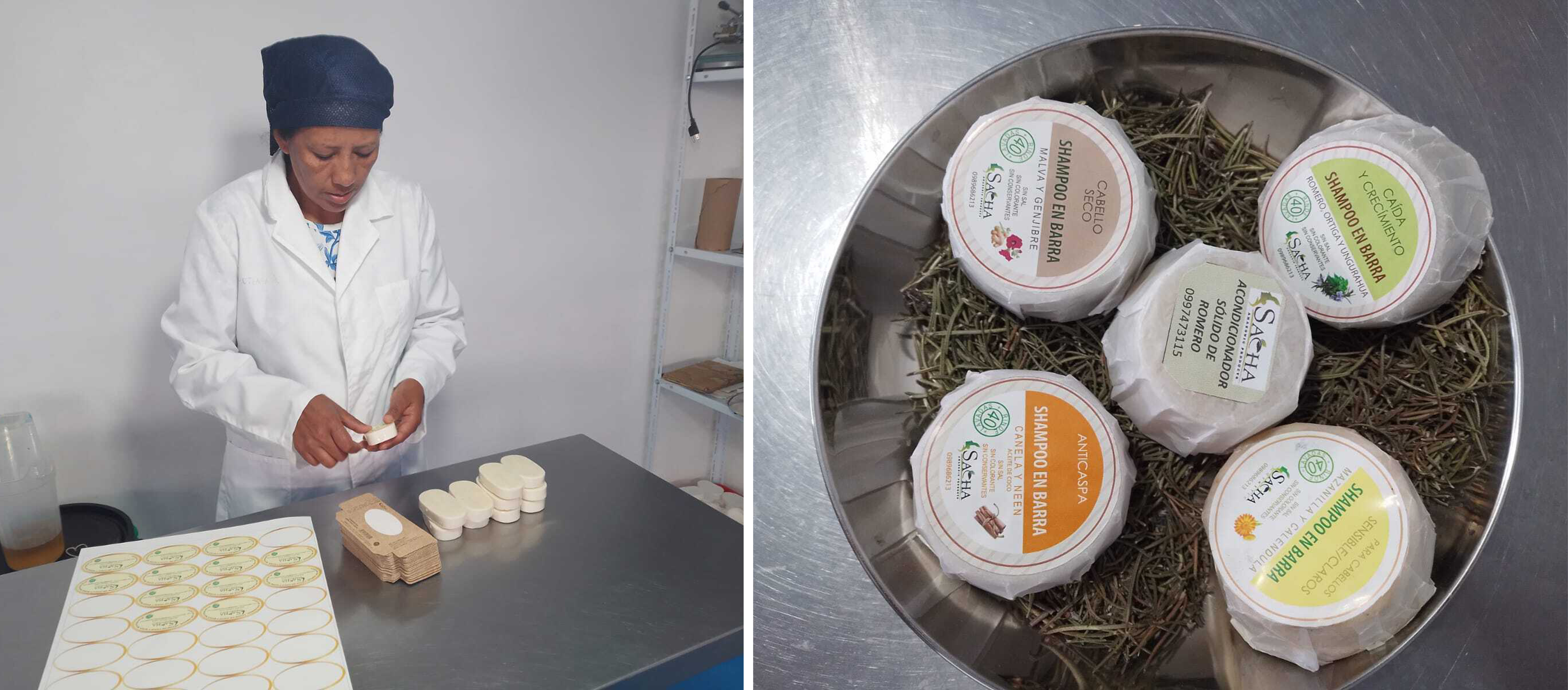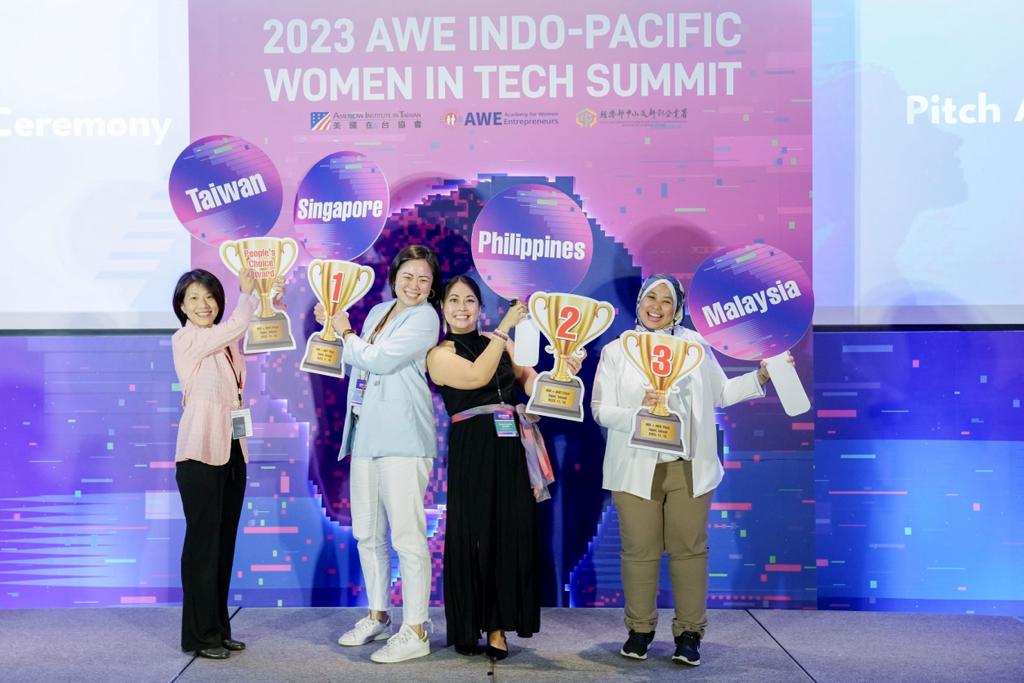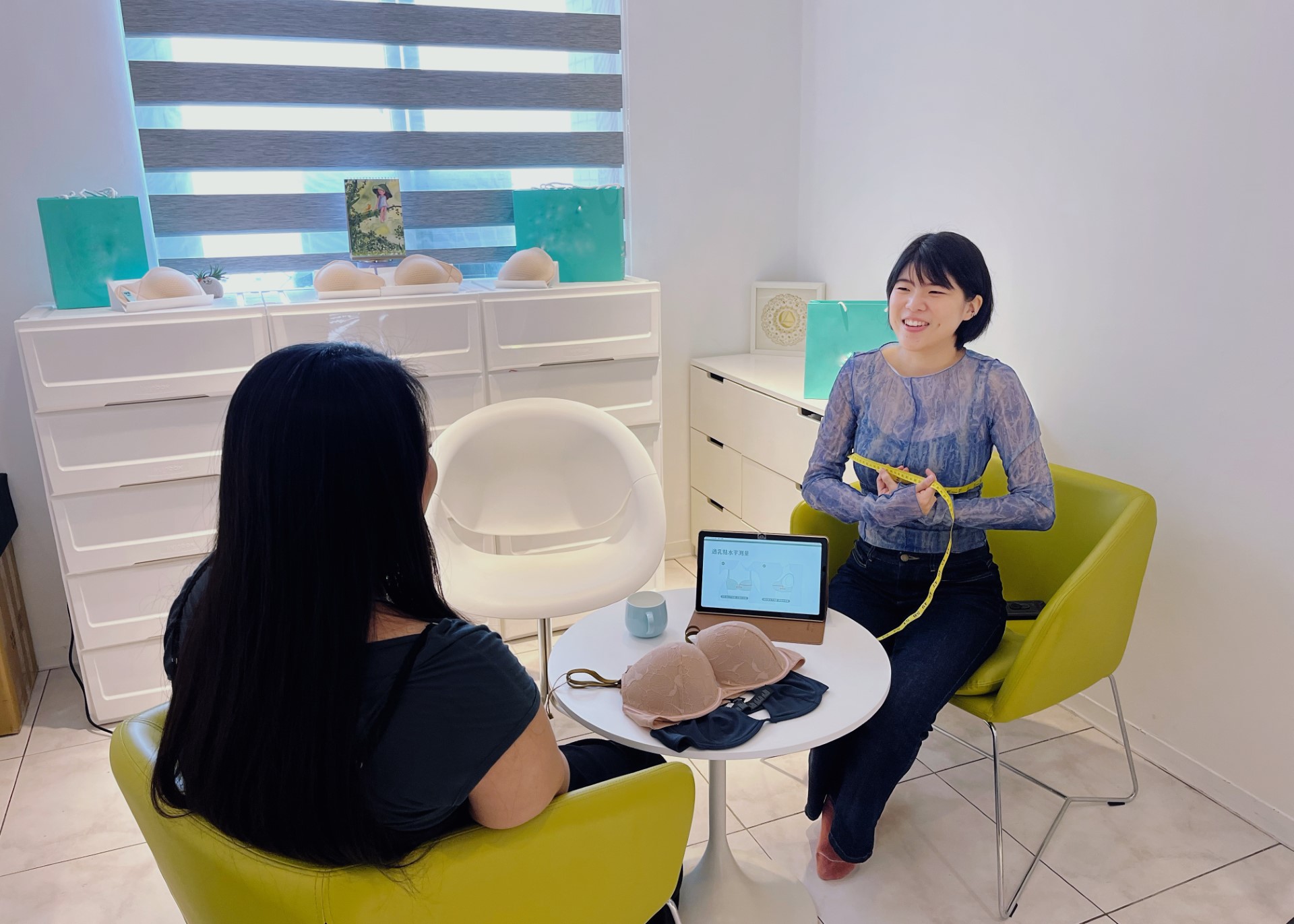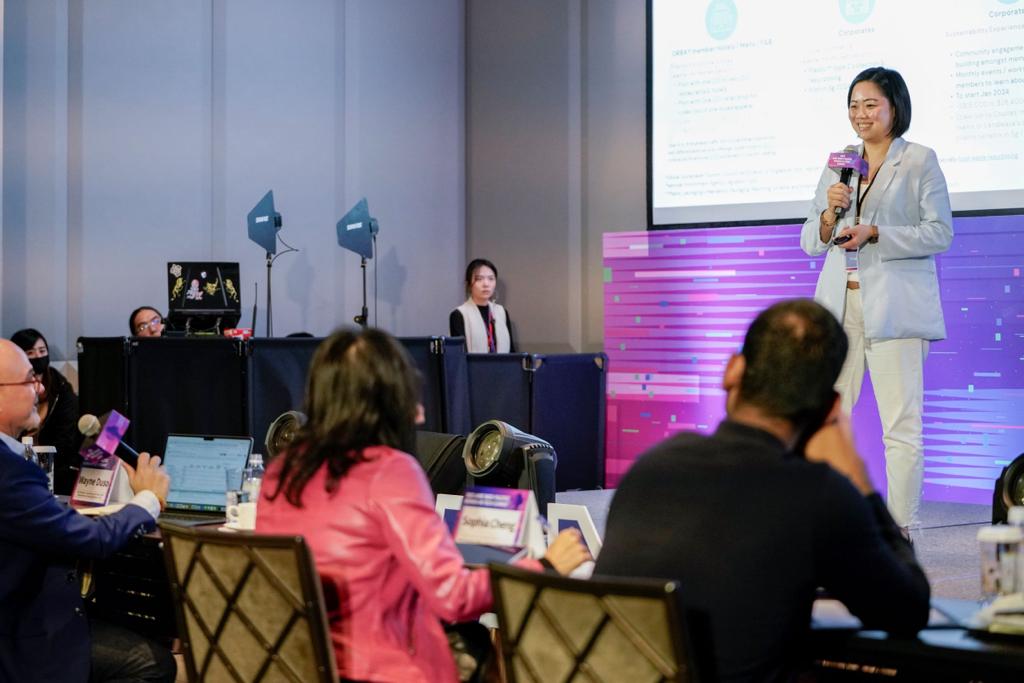Updated August 27, 2024
The Cultural Property Advisory Committee will meet September 24-25, 2024 (89 FR 66483) to review new requests for cultural property import restrictions from Lebanon and Mongolia and to review the proposed extension of the cultural property agreement with El Salvador. The Committee invites public comment on these agenda items.
The State Department follows the Convention on Cultural Property Implementation Act (CPIA) when considering cultural property agreements and import restrictions. Requested categories of material will be considered if they meet the criteria for archaeological and ethnological materials in the CPIA.
Lebanon
Protection is sought for archaeological material from the Paleolithic period (approximately 700,000 years ago) to 1774 CE, including, but not limited to, objects in stone (such as tools, statues, figurines, sarcophagi, stelae, architectural elements, seals, amulets, objects of daily use, jewelry, and ceremonial and cultic objects), ceramic (such as vessels, figurines, objects of daily use, and ceremonial and cultic objects), metal (such as vessels, statues, figurines, jewelry, tools, objects of daily use, weapons and armor, and coins), plaster (such as wall paintings and frescoes), glass (such as vessels, seals, jewelry, and objects of daily use), bone and ivory (such as carvings, seals and amulets, jewelry, and objects of daily use), wood (such as panel paintings, icons, and objects of daily use), textiles, manuscripts (on parchment, paper, and leather), and rare specimens of fossilized fauna and flora.
Protection is additionally sought for ethnological material dating from the 17th century until today, including all cultural works, artifacts, and artworks (such as textiles, traditional garments, headdresses, accessories and jewelry, liturgical objects, manuscripts, books, archives, weapons and armor, and objects of daily use) crafted, made, or produced by Lebanese artists, craftsmen, writers, symbolic personalities, or made on the Lebanese territory and considered unique and representative of the diversity of the Lebanese identity and its recognition worldwide (such as works of Gibran Khalil Gibran and famous Lebanese painters).
Mongolia
Mongolia seeks protection of its cultural artifacts including archaeological material, including stone tools and statues; terracotta architectural materials and containers; religious and ceremonial objects; ornaments decorated with gold, silver, bronze, and precious stones; metal objects including coins, equipment, tools, and weapons; manuscripts and objects used to create or bind manuscripts; wooden objects; carpets; clothing and shoes; and objects made from animal hide, animal skin, and wool. The protection would also include hand-made ethnological materials including religious figures of deities and other religious objects; shoes and clothes; decorative items; handwritten manuscripts and other literary objects; fine art items; sewn, knit, and embroidered items; items used in traditional ceremonies or festivals; traditional ger housing materials; agricultural equipment; and musical instruments.
El Salvador
Extending the El Salvador MOU would continue import restrictions on categories of archaeological material ranging in date from approximately 8000 B.C. to A.D. 1550 and certain ethnological material, including categories of ecclesiastical material from the Colonial period to the first half of the twentieth century (A.D. 1525 to 1950).
Public Comments
The public may provide written comment in advance of the meeting and/or register to speak in the virtual open session scheduled for September 24, 2024, at 2:00 p.m. EDT.
Public comments on the cultural property agreements should focus on the four determinations in the CPIA.
How to submit written comments: Use regulations.gov, enter the docket DOS-2024-0028-0001 and follow the prompts to submit written comments. Written comments must be submitted no later than September 16, 2024, at 11:59 p.m. EDT.
How to make oral comments: Make oral comments during the Virtual Open Session on September 24, 2024 (instructions below). Requests to speak must be submitted no later than September 16, 2024.
Join the Virtual Open Session
The virtual open session of the Committee meeting will be held on September 24, 2024, at 2:00 p.m. (EDT) using Zoom.
To speak: Registered participants can speak and may be asked questions by the Committee. If you wish to register to speak you must submit your name and organizational affiliation in an email request to culprop@state.gov by September 16, 2024. After you pre-register you will receive an email response with a unique link and instructions on how to participate. Due to time constraints, each participant will have no more than five minutes to speak.
To observe: Anyone may observe the open session through Zoom, but they will not be able to speak. It is not necessary to pre-register to observe. If needed, please request reasonable accommodation by email to culprop@state.gov no later than September 16, 2024. It may not be possible to fulfill requests made after that date.
Zoom Information: https://statedept.zoomgov.com/j/1604232702?pwd=2v0GYfKDYOHP1vJyhSLy0abFy7AIia.1

